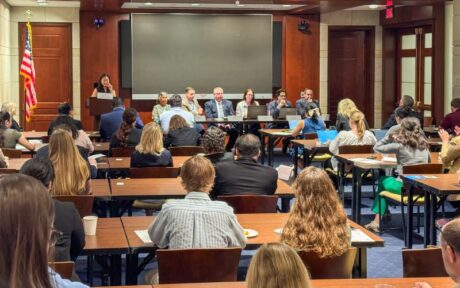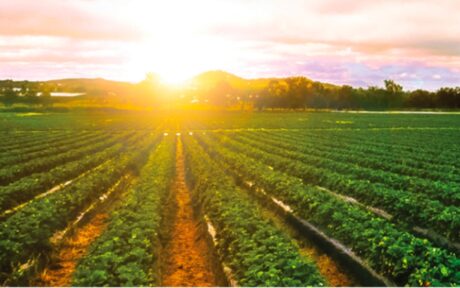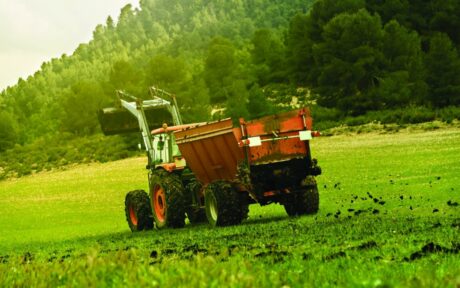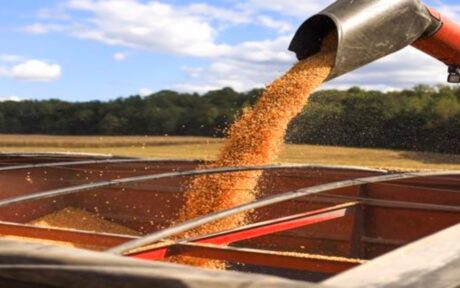Home
Recent News
VBC Chooses to Contribute to Phase 2 of National PFAS Project
The Council was an early contributor to Phase 1 of the National Collaborative PFAS Project, which created a national network of land application plots where soil PFAS concentrations are now known. Phase 1…

Congressional Briefing
On Tuesday, June 16, the American Water Works Association cohosted a PFAS Policy and Practice Briefing for Congressional Staff focused on the role of local government and essential public services.…
State Water Control Board approves final amendments to biosolids research exemption
At its scheduled meeting on June 30, 2025, the Virginia State Water Control Board approved unanimously amendments to biosolids permit requirements following approval of House Bill 2517 (Runion) in the 2025 General…
Research
VBC Chooses to Contribute to Phase 2 of National PFAS Project
The Council was an early contributor to Phase 1 of the National Collaborative PFAS Project, which created a national network of land application plots where soil PFAS concentrations are now known. Phase 1…
State Water Control Board approves final amendments to biosolids research exemption
At its scheduled meeting on June 30, 2025, the Virginia State Water Control Board approved unanimously amendments to biosolids permit requirements following approval of House Bill 2517 (Runion) in the 2025 General…
An Odor Reminder – EPA’s Research
Every year when the Virginia Biosolids Council reports on its progress in its Code of Good Practice Annual Report, odor is typically, by volume, the number one complaint received by the…

What Are Biosolids
During the water recycling process, bacteria and other tiny organisms feed on the solid material and break the wastewater down into harmless organic matter. The organic matter combined with bacterial…

About Us
It’s safe. This is supported by overwhelming scientific evidence and over 40 years of practical experience. It’s good for the land. Agriculture application and composting of biosolids benefit the environment…


